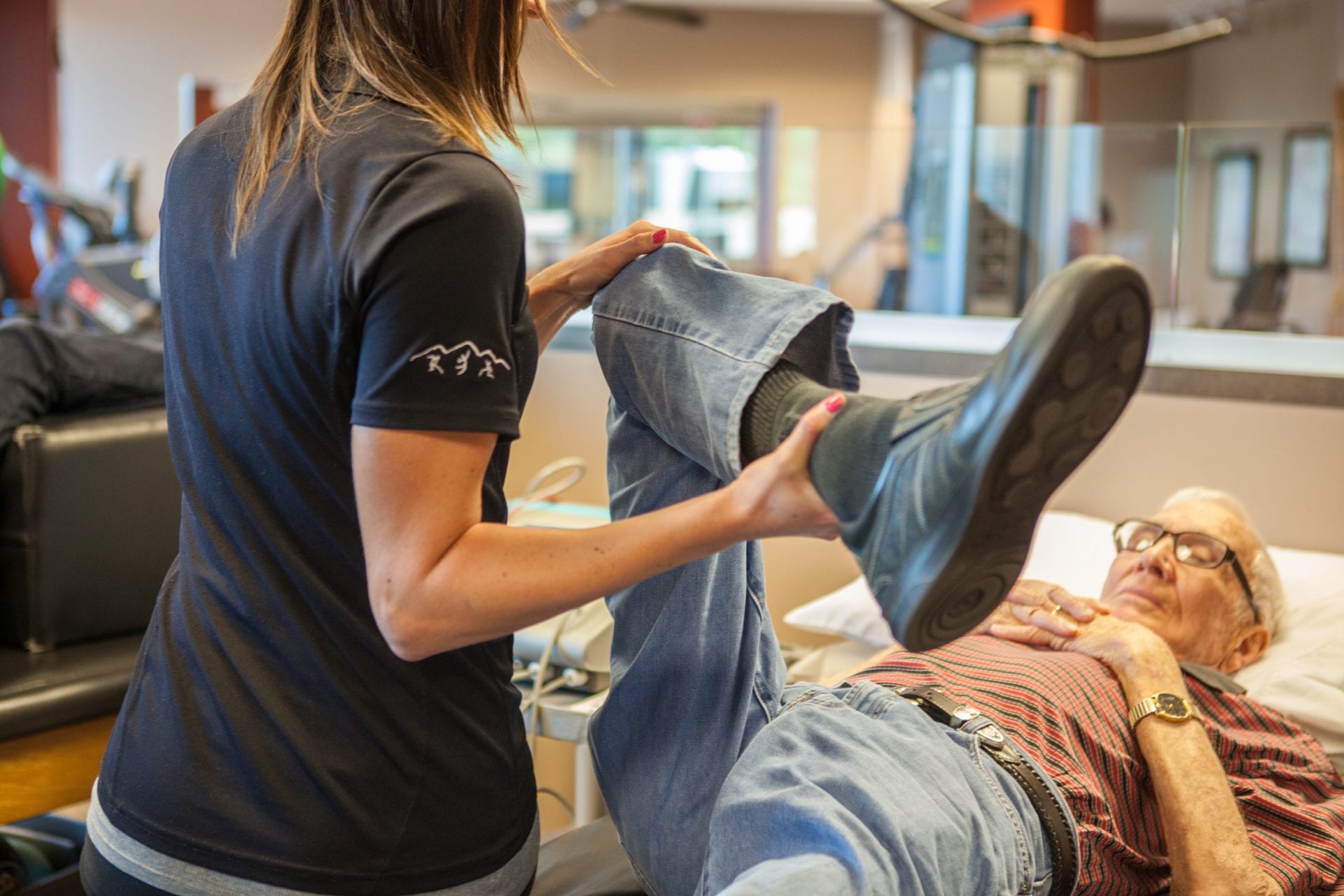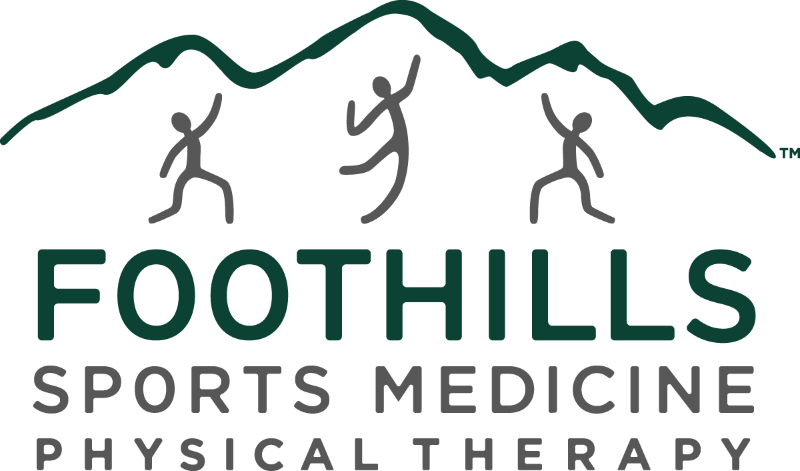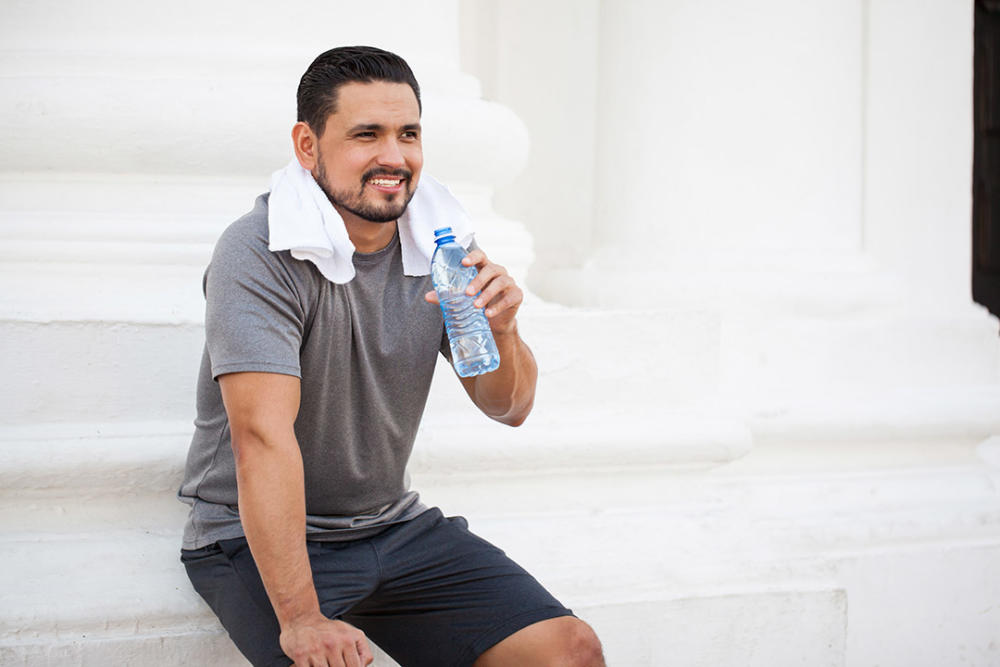Important aspects of rehabilitation from an injury are invisible and too often neglected.
One example is the additional oxygen we need during exercise; it is invisible and virtually undetectable until we don’t have enough of it. In a similar way, some practitioners can miss the importance of the psychological aspects of rehabilitation.
There is a good chance that physical pain or the inability to perform your favorite activities will be motivation for you to call a physical therapy clinic. The vast majority of us avoid physical pain and do not seek out help. However, in the special case of physical therapy the absolute avoidance of pain at all costs can slow and even stall recovery. It is the role of a highly skilled therapist to gently help patients to understand that tolerable amounts of pain are sometimes necessary for full recovery.
As a therapist, we need to be mindful of patients’ physical limitations and the individual differences in pain tolerance. It is equally important that therapists work together with their patients to set rehab goals and pain threshold limits that are in the patient’s long-term best interest.
A good balance between rehab goals and pain limits can only be reached through a shared understanding between the patient and practitioner.
This is built on the idea that the patient feels understood as a whole human being and not just the injury. Another psychological aspect of rehab involves the negative feelings and the frustration associated with the longing to return to an activity.
Research into the psychology of rehabilitation has exploded over the last ten years, and has led to a greater understanding about the role the mind plays in a full recovery. The sudden or gradual inability to participate in a physical activity can be devastating. The physical and mental recovery from injury can be influenced by frustration, self-talk (positive and negative), and adherence to rehabilitation.
A model presented by Hamson-Utley et. Al. (2008) emphasizes that coping skills, mental imagery, positive self-talk, and goal setting are most influential in promoting positive behavioral and emotional outcomes. Again, a skilled practitioner plays a key role in partnering with patients to ensure that these important issues are addressed leading to the best possible result of patient care.
A shared understanding between patients and therapists is vital.
It involves the acknowledgment of the physiological aspects of rehab such as self-doubt, feelings of helplessness, and fear of movement. A skilled therapist, like those at Foothills Sports Medicine Physical Therapy, open the door for a healing collaboration with their patients and give patients a sense of ownership over their own recovery process. This can only be achieved when there is an integration between both physical and psychological aspects of patient care.
Find a Foothills Sports Medicine Physical Therapy clinic near you to receive a free Rapid Recovery ® Injury Assessment from our physical therapists. Get your move back one step at a time and find a rehabilitation patient care plan specialized for you here!
Exceptional Patient Care and the Psychology of Rehabilitation




